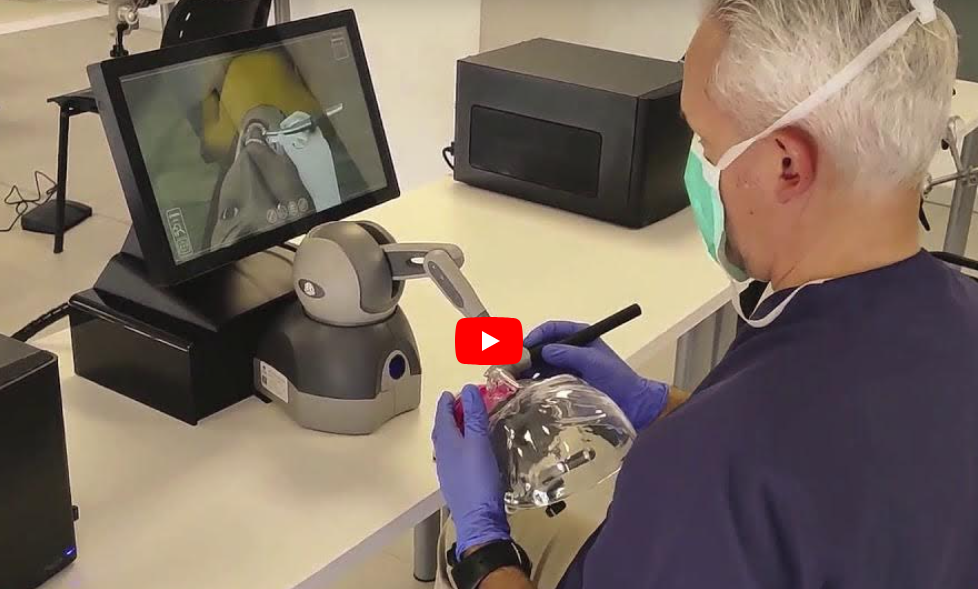Launch of UNI SIM Desktop Simulator
Share This Story, Choose Your Platform!
UNI SIM Revolutionizes Medical Education: ADEMA’s VR Training Simulators
In a groundbreaking development for medical education, UNI SIM has successfully deployed a cutting-edge classroom of haptic and virtual reality (VR) training simulators to ADEMA, a prestigious private university in Palma, Mallorca. This innovative initiative has not only transformed the learning experience for students but also played a pivotal role in ensuring uninterrupted education amidst challenging circumstances.
With the onset of the COVID-19 pandemic, educational institutions worldwide faced unprecedented disruptions. However, ADEMA emerged as a beacon of resilience, thanks to its forward-thinking collaboration with UNI SIM. By integrating state-of-the-art haptic and VR simulators into their curriculum, ADEMA became the sole university in Spain equipped to remain open during the pandemic.
The significance of this milestone cannot be overstated. As traditional classroom settings posed health risks due to the transmission of aerosols, ADEMA’s adoption of virtual training environments provided a safe alternative for students to hone their skills. Through these simulators, aspiring healthcare professionals were able to immerse themselves in realistic scenarios, practice treatments, and develop critical competencies—all within the confines of a secure and controlled environment.
UNI SIM’s technology revolutionized medical education by offering students unparalleled opportunities for hands-on learning, even in the absence of physical patient interactions. The haptic feedback systems provided tactile sensations, enhancing the realism of simulations and enabling students to refine their motor skills with precision. Meanwhile, VR simulations offered immersive environments where students could navigate complex medical scenarios, make informed decisions, and witness the consequences of their actions—all without compromising safety.
The impact of this collaboration extended beyond immediate challenges, laying the foundation for a more resilient and adaptable educational model. By embracing digital innovation, ADEMA not only ensured continuity in education during crises but also empowered students with versatile skills essential for modern healthcare practice.
As the world continues to navigate uncertainties, initiatives like the deployment of UNI SIM’s simulators at ADEMA underscore the importance of investing in technology-driven solutions for education. By leveraging immersive technologies, universities can transcend geographical barriers, enhance learning outcomes, and prepare future professionals to navigate the complexities of their respective fields.
In conclusion, UNI SIM’s successful deployment of haptic and VR training simulators at ADEMA marks a significant milestone in the evolution of medical education. Through innovation and collaboration, ADEMA has reaffirmed its commitment to excellence while equipping students with the skills and resilience needed to thrive in a rapidly evolving world. This pioneering endeavor serves as a testament to the transformative power of technology in shaping the future of education and healthcare.


